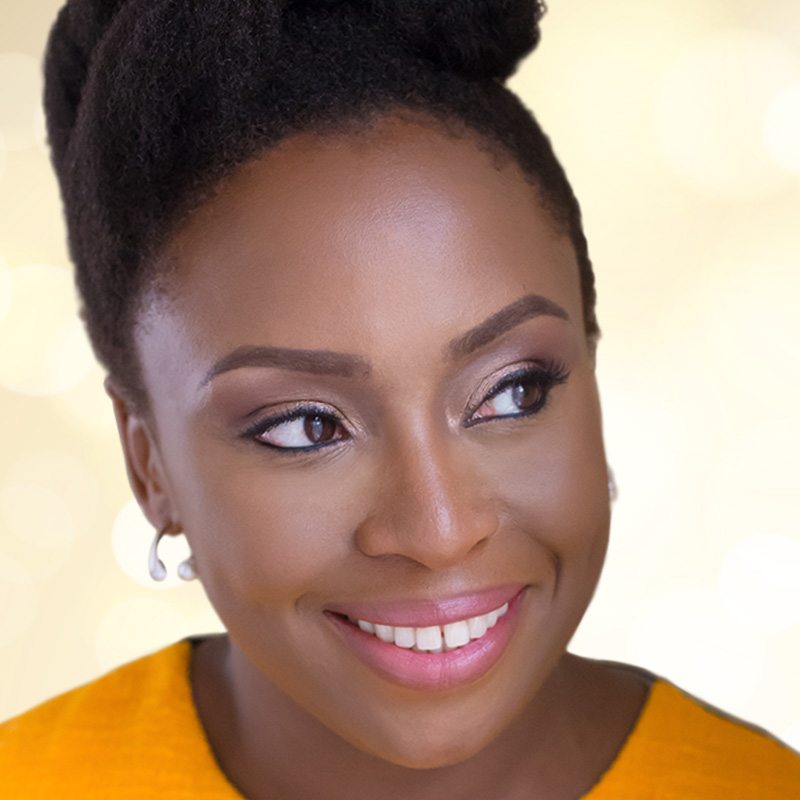Empathy in Polarization

Empathy is found within our emotional connections to others, so when two groups of people do not attempt to connect and fully understand each other, we only see these groups push each other farther apart. We see seemingly endless examples of single stories in our modern world, yet such little effort is being used to understand one another, and even less is being used to listen and converse. This issue sets us on a steady path of division.
In “How to Stop Hating (Country Music).” James Wesch discusses his journey to understand his sister’s love for country music, and he expresses the importance of understanding one another. “Spend some time with someone different from you, listen with love, try to understand and empathize, and experience difference.” More importantly, James was taking steps towards removing his feelings of hate. Hating takes a lot of effort, more than it takes to listen.

Chimamanda Adichie discusses stereotypes and assumptions derived from a lack of understanding in her Ted presentation “The Danger of a Single Story.” “What struck me was this: She had felt sorry for me before she saw me. Her default position toward me, as an African, was a kind of patronizing, well-meaning, pity.” People will believe what they are told, assuming they do not try to learn the whole truth. I mean, that is the reason anti-vaxxers exist. Not making an effort to learn the whole truth is an unhealthy habit that many of us can find ourselves participating in. How can we understand each other and our differences while also believing in a fabricated truth about them?
In Behind the Screens: Who decides what I see online?” Taylor Owen, assistant professor at the University of British Columbia, introduces to us to an algorithm that provides us with information that is specifically chosen for us individually. “So, when you open up an app … all of that information is determined by this machine and that machine is driven by the incentives of the company that owns the website or owns the application … So, they do things that make you feel good about being there.” Information we consume online is designed for our interaction; meaning, most of what we see enforces our pre-existing beliefs. Unless we go out of our way to consume media supporting others’ beliefs, our opinions will not change.

Listening is a key step when it comes to creating relationships and connections with others. “The foundational basis for any relationship is an exchange of stories” says Mi’kmaq elder Albert Marshall. When we take the time to listen and connect with others, we open ourselves up to another perspective. Understanding others’ truths is important to understand the whole story. Without an outside perspective we are often left with a one-sided story. Take the time to listen. Talk to someone you would not typically converse with.
Becoming closer and connecting as a society is well within our grasp. It takes individual effort to understand each other, and while it may seem difficult to consume opposing opinions, it is important that we take the time to do so. Understanding one another begins with listening. The next time you find yourself in an argument, instead of immediately dismissing the opposing opinion, keep an open mind. Understanding is the most valuable tool in empathy. Understanding one another fights stereotypes, polarization, and the entire concept of the single story.
Photo Credits: